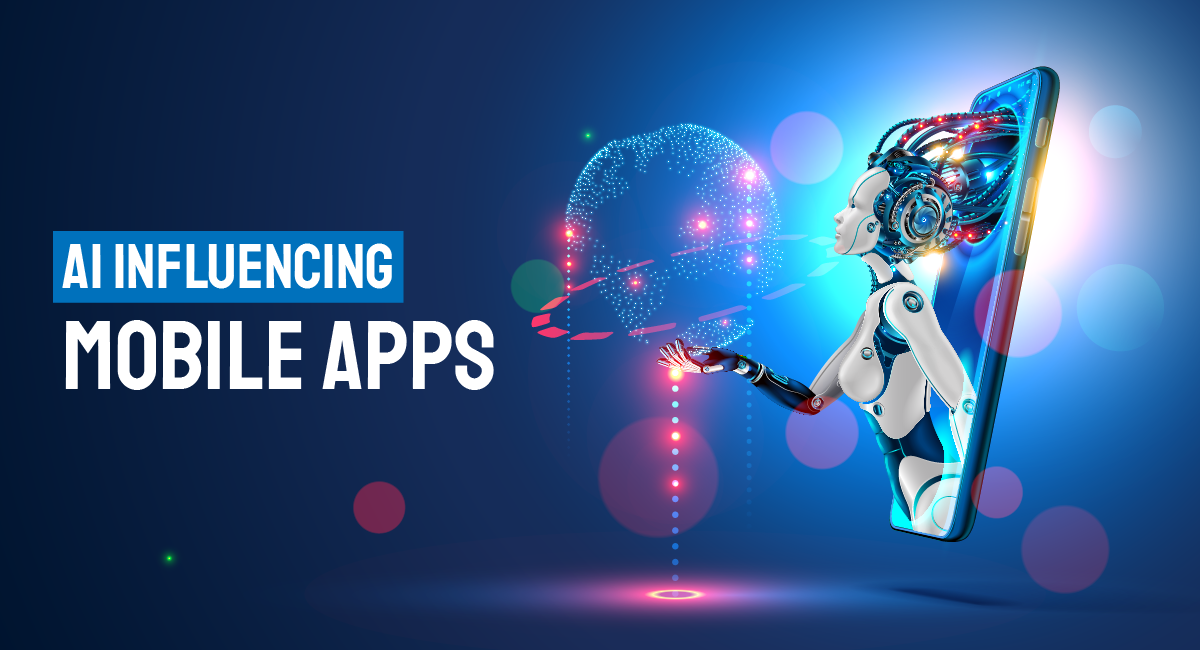The Rise of AI Apps: Why They're Gaining Popularity Every Day
The Rise of AI Apps: Why They're Gaining Popularity Every Day
Blog Article
In recent years, artificial intelligence (AI) has transitioned from a futuristic concept to an integral part of our daily lives. From virtual assistants to advanced analytics tools, AI applications are proliferating, shaping how we work, communicate, and even think. This article explores the factors contributing to the growing popularity of AI apps and their implications for various sectors.

1. Enhanced User Experience
One of the most significant drivers of AI app popularity is the enhanced user experience they provide. AI algorithms can analyze user behavior and preferences, enabling personalized content delivery and intuitive interactions. For instance, streaming services like Netflix use AI to recommend shows and movies tailored to individual tastes, making it easier for users to discover new content. This level of personalization not only improves user satisfaction but also increases engagement.
2. Efficiency and Automation
AI applications are revolutionizing workflows across industries by automating mundane tasks. In the business realm, tools like chatbots and virtual assistants can handle customer inquiries, schedule meetings, and even process transactions. This automation allows employees to focus on higher-value tasks, ultimately boosting productivity. As businesses seek to optimize operations, the demand for AI solutions continues to rise.
3. Data-Driven Insights
The ability of AI to process vast amounts of data quickly and accurately has made it indispensable for decision-making. AI apps can identify patterns and trends that would be difficult for humans to discern, offering valuable insights for businesses and individuals alike. For example, in healthcare, AI algorithms analyze patient data to assist in diagnosis and treatment planning, leading to better patient outcomes. As organizations increasingly rely on data-driven strategies, AI tools are becoming essential.
4. Accessibility and Affordability
Advancements in technology have made AI more accessible than ever. With the rise of cloud computing and open-source AI frameworks, businesses of all sizes can leverage AI capabilities without significant upfront investments. Additionally, mobile applications have made AI tools available at our fingertips, allowing users to access sophisticated features on their smartphones. This accessibility has democratized AI, enabling widespread adoption across various demographics.
5. Continuous Learning and Improvement
AI applications are not static; they continuously learn and improve over time. Machine learning algorithms adapt to new data, allowing AI systems to become more accurate and efficient. This capacity for evolution keeps users engaged, as they can expect their AI tools to get better with use. For instance, language translation apps become more proficient as they learn from user interactions, providing increasingly accurate translations.
6. Societal Trends and Expectations
As society becomes more tech-savvy, there is a growing expectation for apps and services to integrate AI capabilities. Consumers are drawn to the promise of smarter solutions that simplify tasks and enhance their lifestyles. This trend is evident in sectors like finance, where AI-driven budgeting apps help users manage their finances more effectively, or in education, where personalized learning platforms adapt to individual student needs.
7. The Influence of Social Media and Marketing
Social media platforms have played a pivotal role in popularizing AI apps. Influencers and brands frequently showcase AI-powered tools, demonstrating their capabilities in real-time. This visibility helps demystify AI, making it more appealing to the average consumer. Marketing campaigns that highlight the benefits of AI applications contribute to a growing acceptance and curiosity about the technology.
Conclusion
The popularity of AI apps is driven by a combination of enhanced user experiences, efficiency gains, data-driven insights, and increased accessibility. As AI continues to evolve, its applications will become even more integral to our daily lives. Whether in business, healthcare, or personal use, the impact of AI is profound, and its future looks promising. As we embrace this technological revolution, it’s essential to remain aware of the ethical implications and strive for responsible AI development to ensure that these innovations benefit society as a whole. Report this page